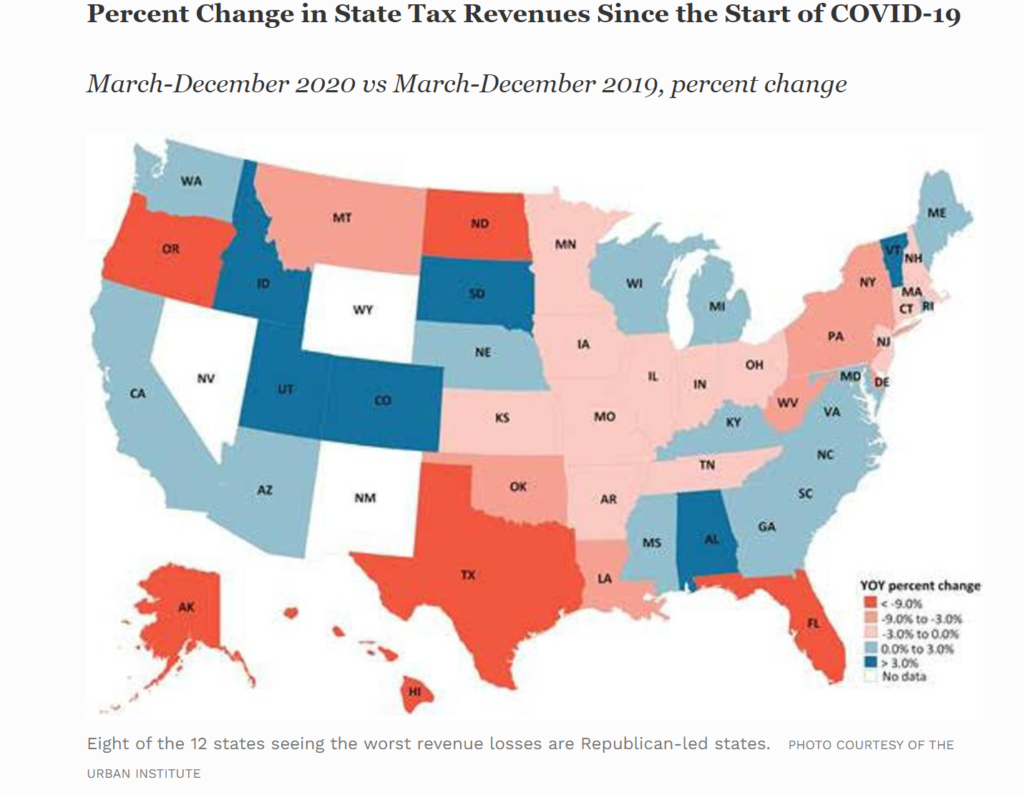Link: https://www.forbes.com/sites/teresaghilarducci/2021/03/15/what-is-the-pension-provision-in-the-stimulus-package-an-explainer/?sh=411b24f957d1
Excerpt:
The multiemployer pension crisis was not caused by poor decisions by the pension funds. Factors out of their control: recessions, government decisions, industry deregulation (trucking for example) and quirks in the pension regulation law, ERISA are responsible. Some, including the New York Times blame the pension actuaries for high rates of return assumptions, but for most of their existence, the plans were much more conservatively run than high-flying single corporate plans.
Because of deregulation, bankruptcies of major carriers, and the 8-year policy of the George W. Bush administration to avoid contracting with union carriers, the Central States pension fund did not have enough money to pay Jack. The 2007 financial crash, caused by inadequate government regulation, and the Pandemic recession, further accelerated the expenses in Jack’s pension fund, one of the largest multiemployer plans.
Government regulation also did not move fast enough. Unlike single employer plans where ERISA encourages the PBGC to step in and take over the plans before the sponsors end up in bankruptcy there is no pre-crises help from the government agency, the PBGC, for multiemployer plans. Not acting quickly the aid needed soared. If the aid came 12 years ago the expense would have been much smaller about $10 billion.
Author(s): Teresa Ghilarducci
Publication Date: 15 March 2021
Publication Site: Forbes

